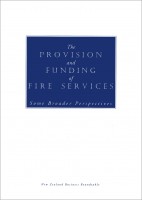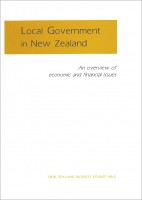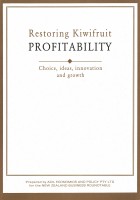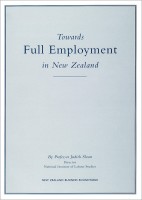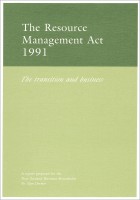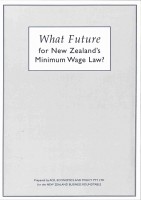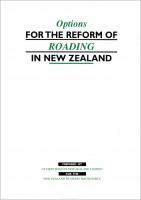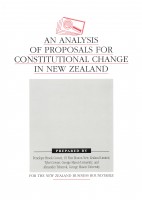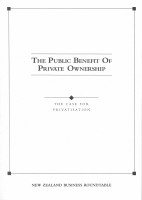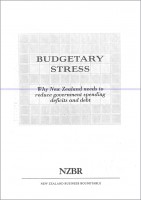The New Zealand experience with requiring state-owned enterprises (SOEs) to be run as successful businesses demonstrates that high quality reforms can generate enormous gains in productivity, product quality and profitability - along with lower (real) prices for consumers. Nevertheless, the gains were always likely to be limited by the difficulties involved in: * applying full commercial disciplines when state industries do not have to succeed to survive; * providing risk capital to SOEs when fiscal constraints and/or political considerations may conflict with commercial goals; * making the competitive environment genuinely neutral, when continuing government ownership brings with it the possibility of future state bail-outs; and * maintaining the early gains in the face of the political pressures to weaken the commercial disciplines which were put in place when the SOEs were first formed. Read more
New Zealand Business Roundtable
1 June, 1992




